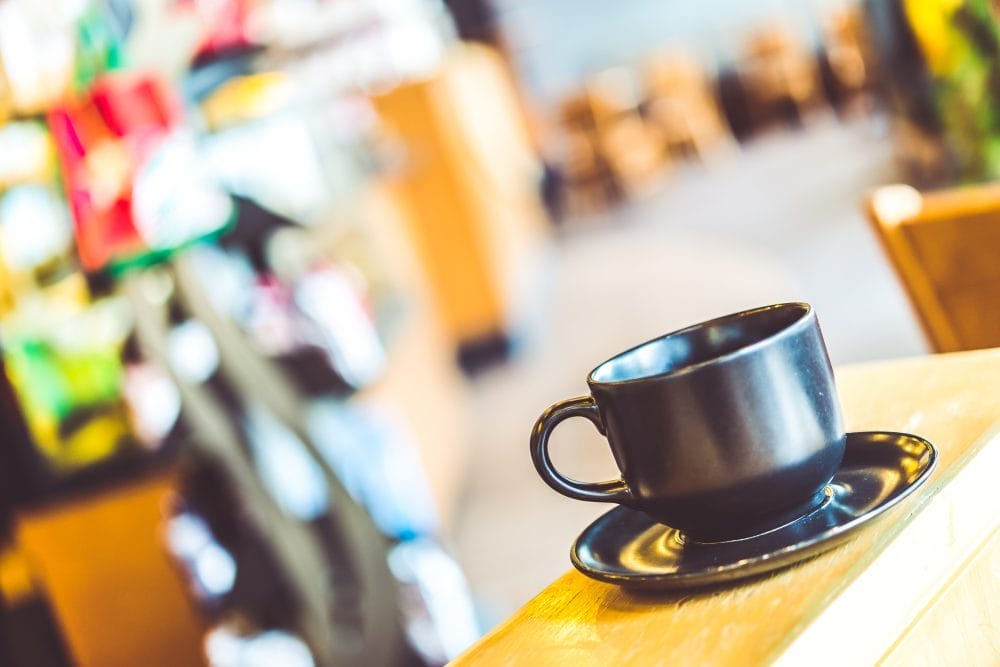Coffee shops have become sacred spaces for millions—where mornings begin, ideas flow, and friends gather. But while customers sip lattes and munch on pastries, few ever stop to think about what’s going on behind the counter. The allure of a cozy atmosphere and aromatic brews often blinds us to a less appetizing reality: health code violations.
Some of the biggest names in the coffee industry have been caught red-handed with issues ranging from pest infestations to improper food handling. These violations may not be on the menu, but they’re certainly something consumers deserve to know about.
1. Starbucks
Starbucks, the global giant synonymous with premium coffee, has faced numerous health code violations across various locations. Health inspections in major cities have reported unsanitary conditions, including dirty equipment and the presence of live pests. In some cases, inspectors cited employees for failing to properly wash their hands between tasks—a serious food safety concern.
While Starbucks generally responds quickly to rectify issues, the frequency of violations in multiple states raises red flags. It’s a stark reminder that even the most polished corporate image can’t always guarantee a spotless back-of-house operation.
2. Dunkin’ (formerly Dunkin’ Donuts)
Dunkin’, beloved for its affordable coffee and donuts, hasn’t been immune to troubling inspection results. Several outlets have been cited for rodent droppings, improperly stored food items, and malfunctioning refrigeration units. A particularly concerning report from a New York location noted food items being stored directly on the floor. Some franchisees have been accused of cutting corners in cleanliness to keep costs low, which compromises both safety and customer trust. These issues suggest that brand consistency doesn’t always extend to sanitation practices.
3. Tim Hortons
Tim Hortons, a Canadian staple expanding aggressively into the U.S., has had its share of cleanliness scandals. Health inspectors in some provinces and American states have reported mold inside ice machines and food contact surfaces coated with grime. Temperature violations with perishable items like dairy products have been found, risking bacterial contamination.
Employee hygiene has also been a recurring issue, with some workers not following proper glove and hand-washing protocols. Despite its reputation as a comforting neighborhood spot, these lapses undermine customer confidence.
4. Peet’s Coffee
Known for its artisanal blends and California roots, Peet’s Coffee has not entirely lived up to its premium image when it comes to health inspections. Some locations have been cited for leaving dairy out at unsafe temperatures and failing to regularly sanitize equipment. There have also been instances of cockroach sightings in kitchen prep areas, as documented in official inspection reports. Employee training on food safety has come under scrutiny, suggesting that operational consistency is a challenge for the brand. Though not widespread, these issues are concerning for a chain that markets itself as a cut above the rest.
5. Dutch Bros Coffee
Dutch Bros, a rapidly growing favorite among younger coffee lovers, has seen multiple violations in select locations. Health departments have found unclean blender stations, expired products still being used, and syrup containers with visible mold. A few inspections pointed out the lack of hair restraints and gloves while employees handled food. Given the brand’s rapid expansion, questions have been raised about how effectively it maintains hygiene across franchises. Popularity doesn’t always equate to proper practice, and Dutch Bros has some work to do in this area.
6. The Coffee Bean & Tea Leaf
This Southern California-born chain, with locations around the world, has had mixed results when it comes to sanitation. Certain sites have failed routine inspections due to pest control problems, including the discovery of insect larvae near food storage areas. Other violations have involved improperly washed utensils and expired items being served to customers.
While many locations pass inspections without issue, a pattern of repeat violations in some franchises is worrying. It casts doubt on how rigorously corporate guidelines are enforced at the store level.
7. Caribou Coffee
Caribou Coffee, which prides itself on its cabin-in-the-woods aesthetic and sustainably sourced beans, has faced several sanitation-related citations. Some stores have been flagged for cross-contamination risks due to improper cleaning of surfaces used for both raw and ready-to-eat foods.
There have also been complaints about unkempt bathrooms, overflowing trash bins, and employees skipping required hygiene protocols. In at least one case, an inspector noted gnats swarming around prep areas—an unmistakable sign of deeper cleanliness issues. These recurring findings contrast sharply with the brand’s wholesome, earthy image.
Is Your Coffee Shop Really Safe?
The next time a coffee run feels like a safe, comforting ritual, it may be worth considering what goes on behind those smiling baristas and latte art. Even beloved chains can fall short on the fundamentals of food safety and hygiene. While many companies take swift action to fix violations, repeated infractions show that some locations aren’t learning from past mistakes.
Consumers have a right to expect cleanliness and health compliance no matter how big or small the brand. Have any of these findings surprised you?
Read More
These 6 Coffee Brands Might Be Famous—But Their Coffee Is Terrible
7 Brands That People Keep Buying Even Though The Cheaper Versions Are Better







